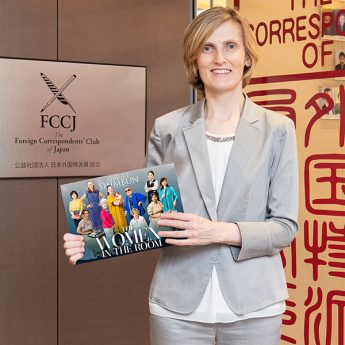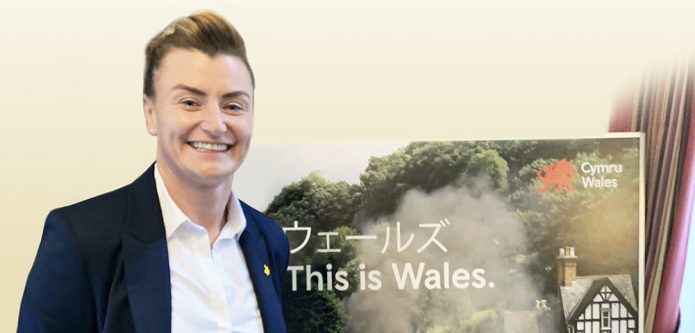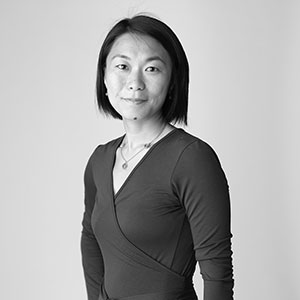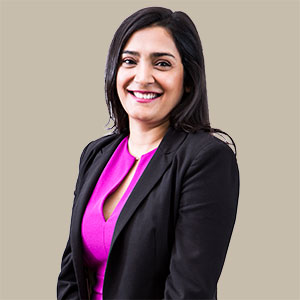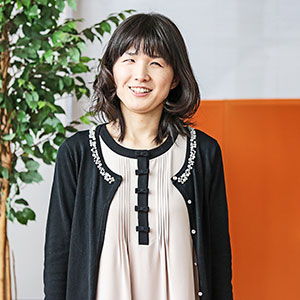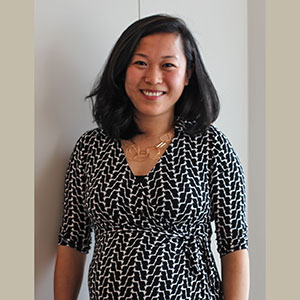
Xue Wang, senior associate at Allen & Overy Tokyo
Wang began to develop an international mentality through her education, going to international school in Germany, and when she studied economics and finance for her undergraduate degree at the University of Edinburgh, and spent a year in France. She then chose to study law, entering into a field that presented her with opportunities to travel and work abroad, giving her an understanding of work life in both Europe and Asia.
She joined Allen & Overy in 2007 and after two years in training at the firm, Wang qualified into the project finance department and was given the opportunity to transfer to Japan to work with a large trading house.
What are the best and worst decisions you have made in your career?
Moving to Japan was one of the best decisions, and going into law was a good decision for me. Studying law after my undergraduate degree suited my personality a lot more, and gave me opportunities to go abroad on numerous occasions.
Obviously day to day there are always challenges, but what’s really a bad decision? It’s more a question of attitude. I think a lot of what makes success in your career is what you make of your current situation.
What has been your greatest success?
Coming to Asia and building a successful career and client relationships in Japan. It is a very male-dominated society here and I always wondered, is it really going to work? How are they going to regard me as a female worker, a foreigner, and not really speaking Japanese? But it turned out perfectly fine. If you are an expert in your area and you are confident in what you do, then you can break down any barriers.
What has been the greatest challenge in your career and how did you meet it?
I am probably facing my greatest challenge at the moment, in terms of planning for the next step and balancing work with having a family. In this kind of job, which involves long hours, a lot of travel and a lot of working at weekends, it can be challenging. But a lot of it is just good communication, both at home and at work, managing expectations and taking it as it comes.
How do you achieve a work–life balance?
Often what I have seen is that if your other half is more understanding about your work schedule and willing to share the load at home, then that helps an immense amount. But it’s also your work environment and how flexible people are and how flexible clients are. In that respect I am extremely lucky because my bosses have a good attitude towards the balance between family and work. A&O have a strong agenda for promoting more women to progress to a senior and partnership level, and have a very generous maternity policy. There is also a maternity (and paternity) series on our intranet about peoples’ personal stories of how to deal with the challenges of balancing family and home life, which I found very inspirational.
What challenges do women in Japan face when taking on leadership roles?
In Japan, I think the main challenges for women are the traditional views about gender roles which leads to women having to bear a disproportionate burden of home responsibilities and being overly modest or giving less priority to their careers, and the general work culture that demands long hours at the workplace.
What would be your piece of advice to women in business in Japan?
If you want a career, just have a go and be pragmatic about your situation—there is no point not trying. If the company is not supportive, change companies, change teams, and don’t be afraid to challenge the status quo. You also need the right support network at home.
Go abroad and explore some different opportunities, too. I’ve met so many women here who are extremely clever and qualified, but they are happy to sit back and not go for the business positions.
It’s more overcoming that cultural barrier. This country is a particularly challenging environment, and you need a critical mass of people who think a certain way for things to change.
Who inspires you and why?
I would say my ex-boss in London. She was head of global project finance practice, a trailblazer and leader in her field and she still managed home and children.

